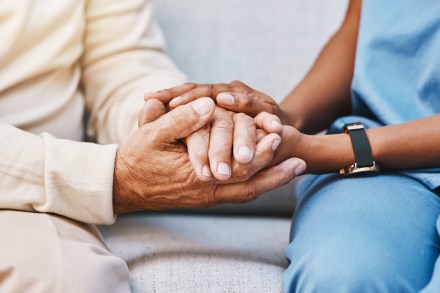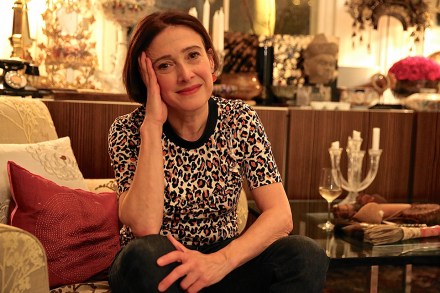Who will care for the carers themselves?
When her brother Lionel was born in 1949, ‘the concept of neurodiversity didn’t exist’, writes Caroline Elton. The subtitle of her profoundly moving memoir, ‘A Portrait of My Autistic Brother’, is misleading. The book is really about the experience of being the sibling of a person who is not like you. Lionel was nine years Elton’s senior, so she draws on their mother’s testimony to relate his infancy and childhood, turning to her own recollections for the later years. He learnt to read before he could speak, played the piano faultlessly by ear (his mother taught him), and could tell you what day of the week a date would fall



